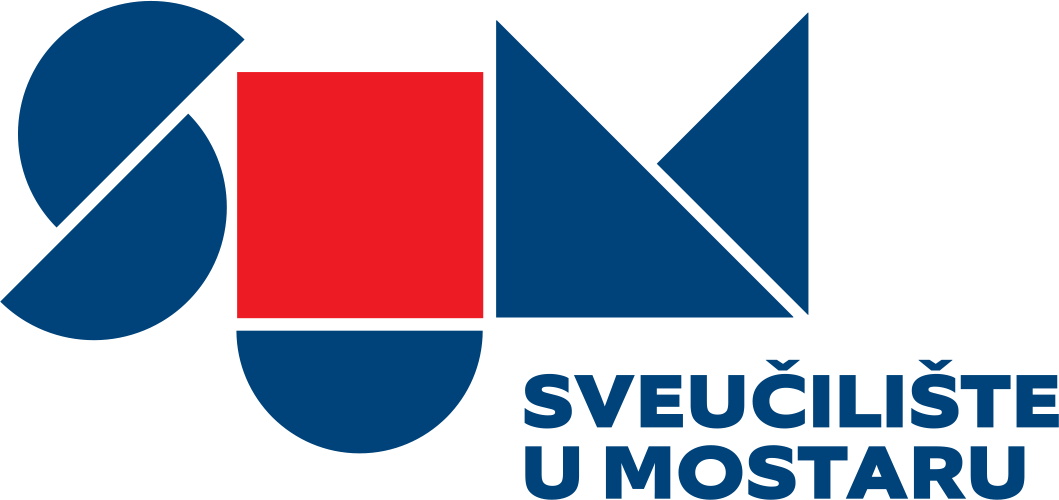The German Language and Literature Study Programme
The Department of German Language and Literature offers single-major and double-major undergraduate and graduate study programmes. Double-major study programmes can be combined with any double-major study programme at the Faculty of Humanities and Social Sciences. Single-major and double-major German study programmes require full-time enrolment (state-funded or self-financing).
Undergraduate study (6 semesters – 180 ECTS credits)
The undergraduate single- and double-major German language and literature study programme provides students with a broad and solid education in all fields of German studies and enables students to develop German language proficiency equivalent to the C1 level of the Common European Framework of Reference for Languages.
Upon completion of the undergraduate single-major and double-major German language and literature study programme the students will be able to / know how to:
- recognise the culture of German speaking countries (geographical, cultural and historical, economic and ecological facts);
- define and describe the fundamental linguistic terms of certain disciplines: phonetics and phonology, morphology, syntax, semantics;
- interpret and linguistically analyse texts on different linguistic levels;
- critically analyse basic aspects of linguistic use and compare them to the mother tongue and other foreign languages;
- translate texts from Croatian to German and from German to Croatian from various fields such as economy, law, medicine etc.;
- specify the main characteristics of different literary epochs;
- recognise, describe and analyse German literary works;
-recognise and define basic terms from literary criticism and compare different types of literary texts.
Upon completion of the undergraduate single-major and double major German language and literature study programme, the student is awarded the academic title Bachelor of German Language and Literature.
Bachelors of German Language and Literature may enrol in the graduate German studies programme or a related study programme or enter various professions, e.g. publishing and bookselling, media, public administration, public and private institutions related to culture, politics and cultural mediation, promotion activities, marketing, public relations, as well as different freelance professions (e.g. publicists, writers etc.).
Graduate study programme (4 semesters – 120 ECTS credits)
The German language and literature graduate single-major and double-major study programme qualifies students for organisation of the process of learning and teaching German language in classes of different age groups and in different types of classes. Special emphasis is put on the theoretical foundations of learning and teaching German as a foreign language. During this study programme, students acquire high language proficiency equivalent to the C2 level of the Common European Framework of Reference for Languages.
Upon completion of the graduate single-major and double-major study of German language and literature the students will be able to/ know how to:
- define and explain complex linguistic terms from specific linguistic disciplines such as: lexicology, pragmalinguistics and sociolinguistics of German language;
- independently write more complex texts, from longer essays to literary reviews;
- independently translate linguistically and thematically more complex texts from German to Croatian and from Croatian to German;
- critically evaluate and choose appropriate ideas and methods of teaching German as a foreign language;
- plan, conduct and critically analyse the process of learning and teaching German language as a foreign language for students of all ages;
- evaluate textbooks, create own teaching materials, apply new media;
- apply different research techniques related to the process of learning and teaching German as a foreign language
- develop professional knowledge, skills, professional ethics, independence and responsibility.
Upon completion of the graduate single-major and double-major major study programme of German language and literature the student is awarded the academic title Master of German Language and Literature.
Upon attainment of the Master’s degree, students will be able to teach independently or enrol in postgraduate studies. The employment possibilities include education (pre-school, primary and secondary schools, teaching assistants in higher education), science, media, agencies, companies, public institutions etc.
Upon completion of the five-year teaching-oriented programmes offered by the Faculty of Humanities and Social Sciences, students will acquire the qualifications for teaching in primary and secondary schools, according to the EU standard of a minimum 60 ECTS in the teaching-oriented courses within the total of 300 ECTS. The above-mentioned 60 ECTS standard is acquired through the teaching-oriented programme and general courses (the Teaching Module) during both undergraduate and graduate studies.
Upon completion of the teaching-oriented study programmes offered by the Faculty of Humanities and Social Sciences, and by passing general courses, students will be able to:
- apply their knowledge of human development, socio-cultural and individual differences in order to help students achieve their best;
- recognise educational needs of gifted students, students with developmental or learning difficulties, as well as the needs of students who belong to different vulnerable groups;
- create safe, stimulating and inclusive environment, according to every student’s needs;
- demonstrate their knowledge of regulations, laws and conventions which regulate the protection of children’s rights;
- apply relevant knowledge of methods of efficient teaching of different content, including potential difficulties students may encounter;
- plan the teaching process and learning outcomes in accordance with the students’ developmental level, abilities and needs;
- evaluate their work and plan further development of their professional competencies;
- demonstrate their knowledge of the standards and ethical principles of the teaching profession;
- apply different strategies in order to develop partnership between family, school and community;
- participate in team work in different educational contexts;
- demonstrate their knowledge of the educational system and legal regulations, including the organization and methods of school management;
- create projects and conduct research in order to improve the work of their school;
- independently make decisions about grading and evaluating students and share responsibilities with other individuals relevant for the students’ development;
- independently make assessments, judgements and decisions in educational contexts.



